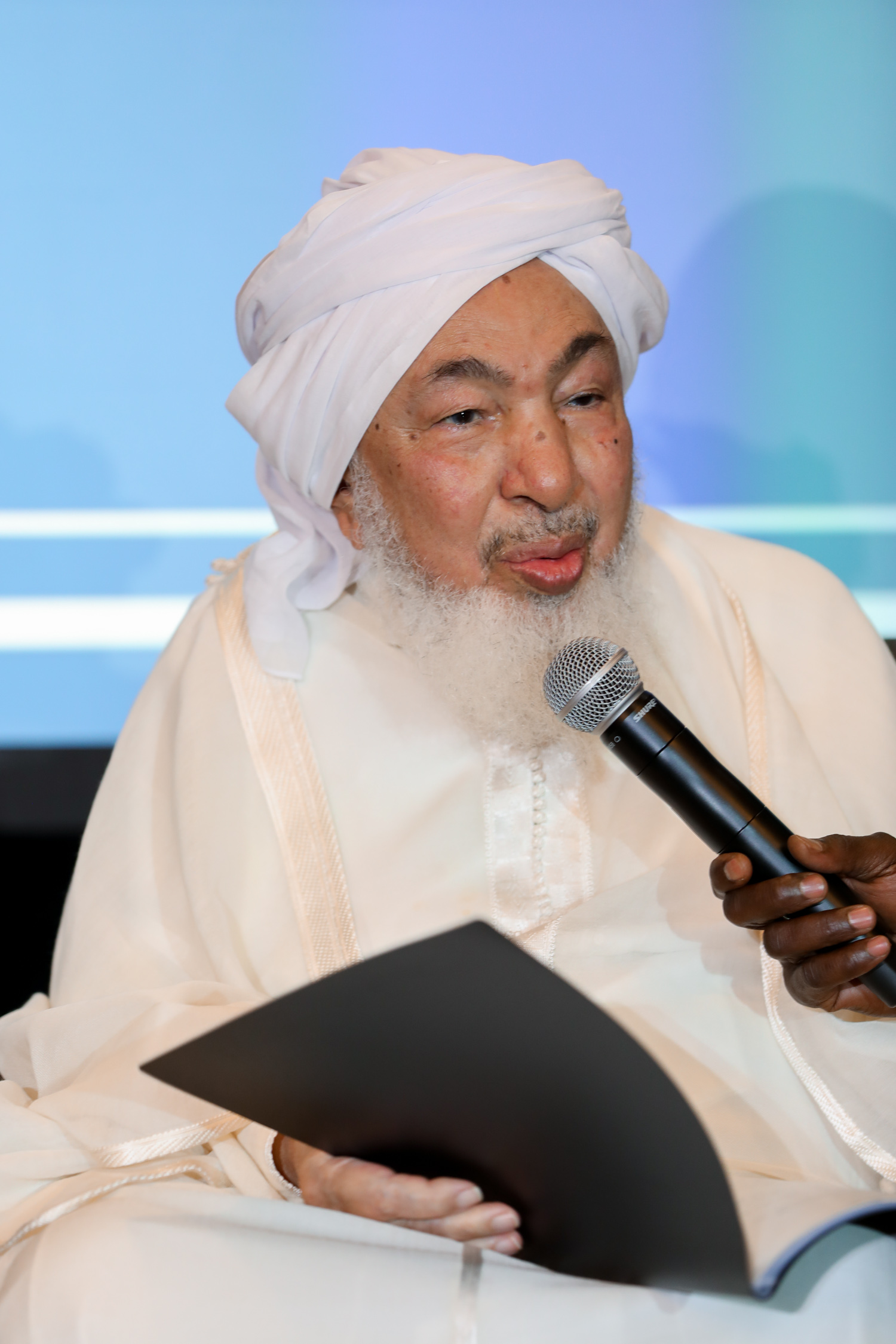Harmony In Her Hands: The Role Of Women In Peacebuilding
In a world fraught with conflict and discord, the quest for peace has become a pressing necessity. As we navigate through turbulent times, the notion that "peace is a woman's job" emerges as a powerful statement, highlighting the unique role women play in fostering harmony within societies. Women have long been at the forefront of peace movements, advocating for reconciliation, understanding, and healing in communities torn apart by violence and strife. Their contributions are not only vital; they are transformative, as they often bring fresh perspectives and innovative solutions to age-old problems.
The importance of women's involvement in peacebuilding is increasingly recognized on global platforms. From grassroots initiatives to international negotiations, women are proving that they possess the skills, compassion, and vision necessary to create lasting peace. Their efforts often go unrecognized, yet they are the backbone of many successful peace initiatives worldwide. Acknowledging that "peace is a woman's job" means understanding the integral role women play in shaping a peaceful future.
As we delve deeper into this topic, we must explore the question: What exactly qualifies women to be pivotal players in peacebuilding? Is it their unique experiences, their emotional intelligence, or perhaps a combination of both? This article seeks to unravel the layers of this assertion, providing insights into the contributions of women in peace efforts and why their roles should be amplified and celebrated.
What is the Historical Context of Women in Peacebuilding?
Historically, women have been involved in peacebuilding efforts, often in ways that are less visible than their male counterparts. From the suffragettes advocating for women's rights to contemporary female leaders negotiating peace treaties, women have continuously fought for justice and equity. Their involvement has often been sidelined in favor of more traditional narratives, yet their stories are crucial in understanding the dynamics of peace processes.
Who are Some Notable Women Peacebuilders?
Throughout history, many women have emerged as influential peacebuilders. Notable figures include:
- Nobel Laureate Malala Yousafzai - Advocate for girls' education and empowerment.
- Wangari Maathai - The first African woman to receive the Nobel Peace Prize for her environmental activism.
- Leymah Gbowee - A Liberian peace activist who played a crucial role in ending the civil war in Liberia.
- Shirin Ebadi - An Iranian human rights activist and Nobel Peace Prize winner.
What Skills Do Women Bring to Peacebuilding?
Women often bring a unique set of skills to peacebuilding initiatives, including:
- Empathy: Women tend to possess a deep understanding of community dynamics, which aids in conflict resolution.
- Collaboration: They are often skilled in working with diverse groups, fostering cooperation and dialogue.
- Innovation: Women often introduce new ideas and perspectives that can lead to creative solutions to entrenched problems.
How Does Culture Influence Women's Role in Peacebuilding?
Cultural contexts significantly influence how women participate in peacebuilding. In some societies, traditional gender roles may restrict women's involvement, while in others, women are celebrated as vital contributors. Understanding these cultural nuances is essential for recognizing and supporting women's contributions to peace efforts worldwide.
What Are the Challenges Women Face in Peacebuilding?
Despite the critical role women play, they often face numerous challenges, including:
- Gender Discrimination: Women may be excluded from formal peace negotiations due to societal norms.
- Lack of Resources: Women-led initiatives often receive less funding and support compared to male-led efforts.
- Security Risks: Women peacebuilders may face threats to their safety and well-being while working in conflict zones.
What Are the Success Stories of Women in Peacebuilding?
There are numerous success stories of women leading peace initiatives that have transformed communities. For instance, the Women of Liberia Mass Action for Peace played a pivotal role in ending the civil war in Liberia. Their collective efforts, which included protests and negotiations, demonstrated the power of women's voices in the peace process. Such stories underscore the truth that "peace is a woman's job" and highlight the need for amplifying women's voices in peacebuilding worldwide.
Why is It Important to Support Women in Peacebuilding?
Supporting women in peacebuilding is crucial for several reasons:
- Inclusive Solutions: Diverse perspectives lead to more comprehensive and effective peace strategies.
- Empowerment: Supporting women fosters empowerment and encourages future generations of female leaders.
- Lasting Peace: Research shows that when women are involved in peace negotiations, the resulting agreements are more likely to be sustainable.
How Can We Encourage More Women to Get Involved in Peacebuilding?
Encouraging women to engage in peacebuilding requires a multifaceted approach:
- Education: Providing access to education and training programs focused on conflict resolution and leadership.
- Mentorship: Establishing mentorship programs to support women leaders in peacebuilding.
- Awareness Campaigns: Raising awareness about the importance of women's roles in peace efforts through public campaigns.
Conclusion: Embracing the Truth that Peace is a Woman's Job
In conclusion, the assertion that "peace is a woman's job" is not merely a slogan; it is a call to action. Women have shown time and again that they are capable and effective peacebuilders, and it is imperative that we recognize and support their contributions. By embracing this truth, we can work towards a more inclusive and peaceful world, where the voices of women are heard, valued, and celebrated in the ongoing quest for harmony. The future of peacebuilding lies in our ability to empower women and harness their potential to create positive change.
Article Recommendations
- Jonathan Bailey Height
- New York State Education
- Zachry
- How To Find Archived Chats On Whatsapp
- Lostgolfballs
- Michael Kitchen
- Keri Russell And Kurt Russell Related
- Ensure Drink Plus
- Wedding Gowns With Gold Embroidery
- Yvonne Elliman


